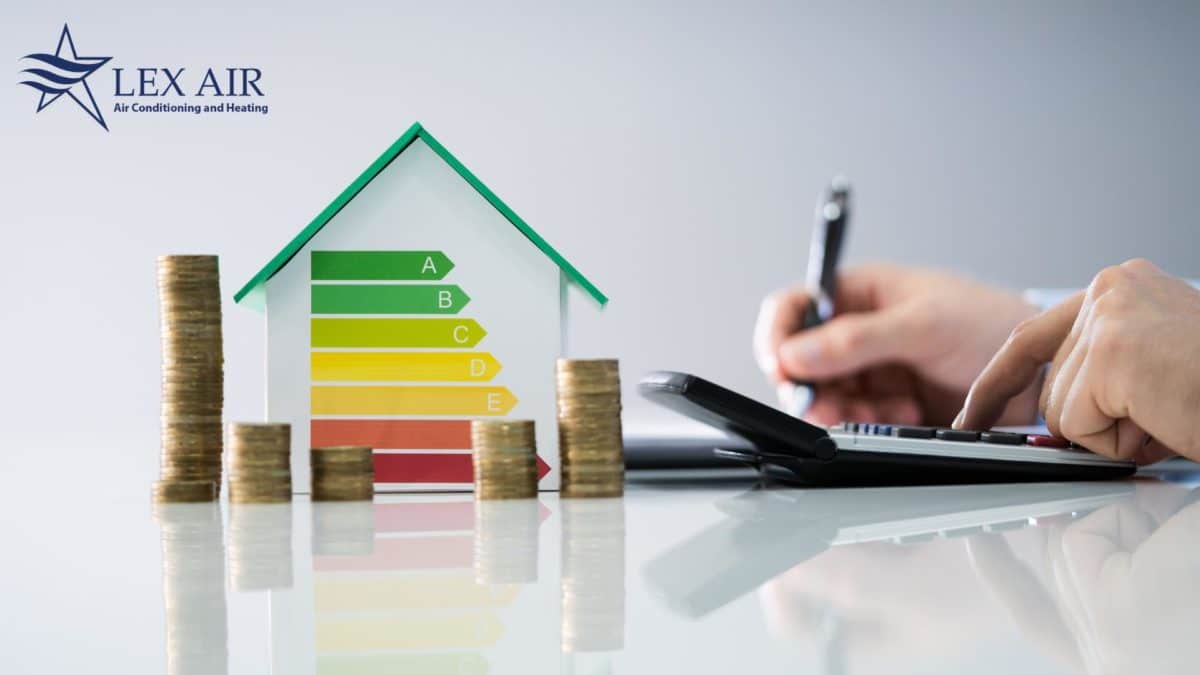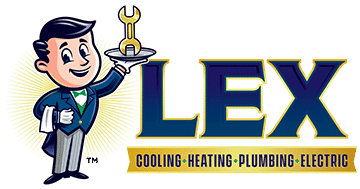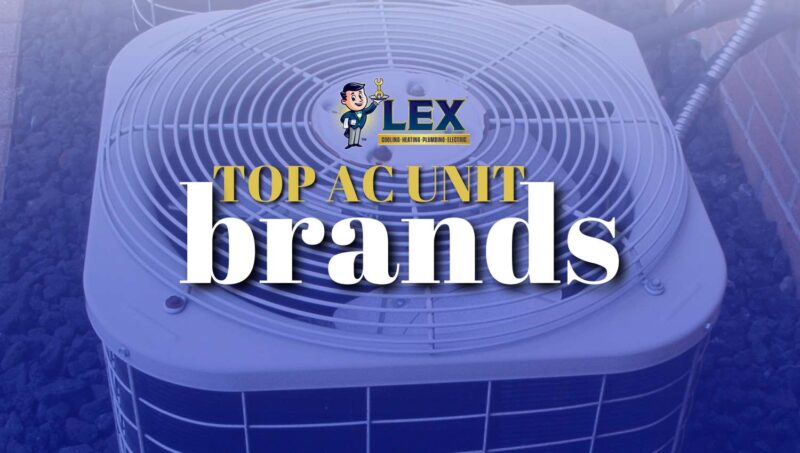Seasonal Energy Efficiency Ratio
If you’re looking for a new air conditioner, it can be difficult to sort through all of the various brands and information associated with air conditioners and HVAC systems, in general. Choosing the best air conditioner for your home means that you’ll have to consider your home’s size, the climate you’re in, and many other important factors. Additionally, if you’re wanting to purchase an HVAC system that offers savings, high performance, or allows for rebates under the Inflation Reduction Act, then you’ll also need to take those additional features into account, as well. However, perhaps one of the most important factors to consider when purchasing new heating and cooling units is the SEER rating.
In this post, our Westlake HVAC professionals at Lex Air Conditioning & Heating will walk you through everything you need to know about SEER ratings and how you can find the best HVAC system for your needs!
What is a SEER Rating?
SEER stands for Seasonal Energy Efficiency Ratio. It is a rating system for measuring HVAC system efficiency in easy-to-understand values. The SEER rating for your air conditioner is usually listed on the sticker found on the outside of the unit.
SEER ratings are created using standard formulas that can help you determine how much energy or how much electricity you’ll be using and the amount you’ll need to pay to keep your new HVAC system running. They’re meant to help you compare air conditioners and pick the one that’s the best fit for your home.
It’s important to remember that a SEER rating is just an average. Other factors will affect energy costs, such as the number of windows in your home, the size of your home, your home’s insulation and current ductwork, and many other things.
What Is the Minimum SEER Rating?
By 1992, all central air conditioners were required to have a minimum SEER rating of 10, and in 2006, the minimum was raised to 13. However, if you’re located in specific locations in the south and southwest, you may notice that the minimum standard for your area is 14.
In 2023, regulations require a minimum SEER rating of 14 for northern states and 15 for southern states. That means here in Texas, your air conditioning and heating unit must be at a SEER of at least 15.
What Is a Good SEER Rating?
Generally, a good SEER rating is usually 14 or higher. In 2023, the average seasonal energy efficiency ratio for a central air conditioner is 16, but some air conditioning units can have a higher SEER rating of up to 23.
Instead of asking, “What is a good SEER rating?” you need to ask, “What is the right SEER rating for my home?”
Every home is different. Just like every family’s needs are different. So, there’s no ‘one-size-fits-all’ SEER rating.
As we start to see more advanced technology in our heating and cooling systems, these ratings are likely to change more quickly! Newer HVAC systems, particularly those that are Energy Star certified, are constantly evolving, making each new AC unit more energy-efficient than the previous. This means that you’ll see major cost savings when cooling your home, regardless of the SEER rating.

Benefits of a Higher SEER Rating
For most homes, a SEER rating of 14 is good, but if your family is looking for a heating and cooling system that can operate with maximum efficiency, then looking at systems with higher SEER ratings could be beneficial in the long run.
Energy efficiency ratings above 16 are associated with lower energy consumption. So purchasing more efficient systems that use less energy means that you’ll spend less maintaining a constant indoor temperature.
So, if you have an older unit with, say, an 8 SEER rating and you replace that unit with a unit that has a 16 SEER rating, then you could save up to 50% on your energy bill.
There are also government rebates and incentives for high SEER system units. This can help lower the cost of the upgrade while ensuring you’re getting a quality air conditioning system with higher energy efficiency levels.
How Does the SEER Rating Affect Costs?
The higher the SEER rating, the higher efficiency you can expect to see.
Here are some examples of how better-than-average and maximum efficiency units can affect your energy bills:
- If you upgraded from a unit with a 14 SEER rating to a unit with a 16 SEER rating, you could expect to pay an additional $900 to $1,500.
- If you upgraded from a 14 SEER unit to a unit with a 21 SEER rating, you could pay as much as $3,000 to $5,000 more than the cost of the typical 14 SEER unit.
- The cost of repairing high SEER AC units can be higher than the cost of repairing a 14 SEER unit. However, a high SEER rating doesn’t mean that it is more likely to need repair work.
Repair Costs for Air Conditioners With Higher SEER Ratings
Air conditioners with a high SEER rating typically have a two-stage system, with a high setting and a low setting. This makes it easier for the air conditioning unit to keep the cooling output the same while using less energy. But, while these two-stage systems have a more efficient cooling capacity, they are more costly to repair.
- If the compressor goes out on a 14 SEER unit that’s not under warranty, the repairs will start at $1,300 approximately.
- If the compressor goes out on a 21 SEER unit that’s not under warranty, the repairs could start at $2,000.

Is an Air Conditioner With a High SEER Rating Worth It?
An AC unit with the standard 14 SEER rating is either on or off. In layman’s terms, this means that both the fan and the compressor are always operating at full capacity while cooling your home. And, like we mentioned before, an AC unit with a higher SEER rating will have a dual-stage AC compressor.
So, when the AC unit starts up, it will automatically run in low gear, operating at high efficiency as long as it is able to. This amount of time the unit’s performance will be efficient will depend on outdoor temperatures and a few other factors. And, when the AC unit can’t keep up, then it will shift into high gear just until it’s able to stabilize the indoor temperature. Once the temperature is where it needs to be, the unit will automatically downshift to a more efficient speed.
This helps save energy, and thus, will lower your electric bill. Your actual energy savings will vary depending on your current HVAC system, how much you use it, and the efficiency of the new unit you’re considering. Our SEER savings calculator offers a general estimate using average cooling hours and energy rates specific to the Dallas-Fort Worth area.
Furthermore, the fan operates the same way. For most AC units, the lower speed can meet around 80% of your home’s cooling demands half of the time.
Aside from the obvious–being more eco-friendly–this leads to three advantages:
- Fewer hot and cold spots throughout your home.
- Less humidity within your home.
- Quieter HVAC unit operation.
Let Lex Air Help With All Of Your Heating and Cooling Needs
If you don’t understand the complexities associated with the Seasonal Energy Efficiency Rating system, you aren’t alone. At Lex Air, we can provide expert advice for heat pumps, air conditioners, or an entirely new system for your home. Our Fairview HVAC professionals can perform a full inspection of your current heating and cooling system and give you options for a more energy-efficient HVAC unit.
If you think that it’s time to upgrade to a more efficient unit, call us for a quote. We can walk you through the HVAC installation process, further explaining the SEER system and how upgrading will affect your budget.
Additionally, you can avoid extra costs associated with repairs by scheduling regular HVAC maintenance for your existing HVAC system. Our convenient HVAC maintenance plan will keep your system operating at peak performance, regardless of the SEER ratio. It may not be time to completely toss your old unit; it may just need a little tuneup to get you through peak heating and cooling season!
No matter what HVAC needs your family needs addressed, the Corinth HVAC experts at Lex Air are here to help. We provide honest and professional feedback to our customers because that’s what we’d expect for our families, and we’re only a phone call away! Call us at 972-217-8955 for more information. We look forward to hearing from you.












